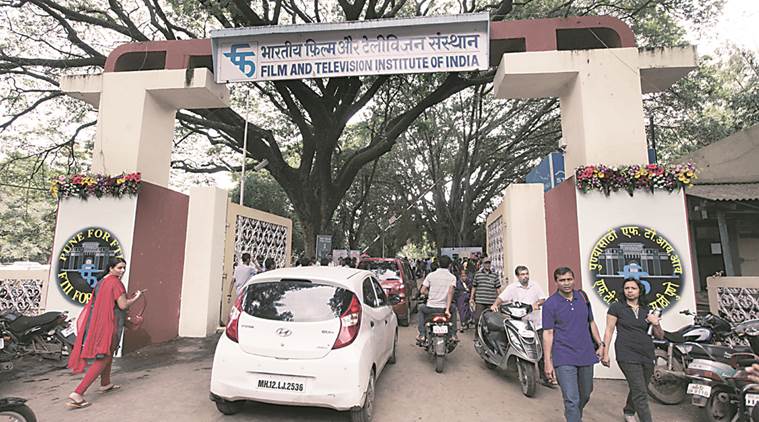 FTII introduced the system in 2016
FTII introduced the system in 2016
The Film and Television Institute of India (FTII) has quietly discontinued the practice of gathering ‘anonymous feedback’ about faculty members from its students, reportedly after several teachers received harsh feedback on criteria such as quality of lectures, method of teaching and content of the course.
Under the feedback system, introduced in 2016 along with the new syllabus with Choice Based Credit System, the Academic Office collected feedback from students at the end of every semester. Students had to rate various aspects of the class and teaching methods for each course, on a scale of five attributes, listing most to least desirable traits.
The exercise was meant to help teachers improve their methodology and teach the subject in a more effective manner. However, the feedback system revealed that many students found their teachers “ill-prepared “, their classes “monotonous”, and they “failed to provide adequate learning material” and “left students clueless”.
In the second semester of the 2017 batch, FTII put an end to the anonymity of the process, and instead asked students to email their suggestions to the Academic Office. The institute had done the same for the 2016 batch.
The FTII refused to provide information about the feedback system, or access to the students’ forms, under the Right To Information (RTI) Act. However, some of the feedback forms accessed by The Indian Express show that students had rated most of their teachers negatively. The teachers who received not-so-great feedback included Dean of the film division, Amit Tyagi, who taught the Film Appreciation course for both 2016 and 2017 batches.
One of the students of the 2017 batch felt that Tyagi “spent most of the time showing films that were already screened as part of ‘general screenings’, instead of discussing film-making approaches and analysing films.”
Tyagi said he showed entire films and long clips in his classes as students often didn’t watch the films during general screenings. He said the FTII had tried to maintain the anonymity of the feedback system as authorities didn’t forward emails from students to the faculty member concerned, but only showed a printout to the latter. Despite repeated attempts, FTII Director Bhupendra Kainthola could not be reached for comment.
This is not the first incident of FTII faculty getting a bad review from students. In June this year, 50-odd participants of the Summer Film Appreciation Course, which is organised jointly by the FTII and the National Film Archive of India (NFAI), had written a letter to the institute director to express their disappointment with the quality of teaching as well as the “rudimentary” course content which, they said, could be “accessed on the internet”.